Recent activity from RAF Lossiemouth has prompted curiosity—and in some cases, concern—after aircraft from the base were spotted “squawking†the code 7700 on public flight tracking apps like FlightRadar24.
But what does this actually mean? And should you be worried? In short: probably not.
When an aircraft “squawks†7700, it’s using a specific transponder code to signal a general emergency to Air Traffic Control (ATC). While the phrase “general emergency†might sound alarming, the reality is that this code covers a wide range of scenarios—many of them routine.
In a post this week, RAF Lossiemouth explained: “The 7700 is transmitted when there is a ‘general emergency’ onboard which could be any kind of issue, from minor things like an electrical fault, to a more serious situation like engine trouble or a medical emergency.â€
RAF aircraft that triggered the code this week did so due to a “minor electrical issue,†prompting a return to base earlier than planned. As the post clarified, “This also means if the problem did get worse they could receive priority landing and have help on standby for their arrival.â€
In other words, the 7700 squawk is often a precautionary measure rather than a sign of imminent danger. It allows ATC to give priority handling and, if needed, prepare emergency services in advance. But it’s just as often used for minor faults or early returns that pose no real threat to the aircraft or crew.
“Most of the time (as with this week), all is safe and well and there’s no need for further assistance or any ‘emergency landings’,†RAF Lossiemouth added.
For aviation enthusiasts or the simply curious, watching transponder codes on flight tracking apps can be fascinating. Next time you see a 7700 signal, it’s worth remembering: it’s a heads-up, not necessarily a crisis. As always, military aircraft crews are trained for all eventualities and will always err on the side of caution—keeping safety as their top priority.
So if you spot a 7700 squawk next time you’re checking FlightRadar, take a breath. It’s most likely a routine precaution—and another sign that RAF personnel are doing their job to the highest standard.


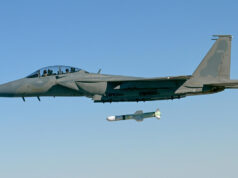
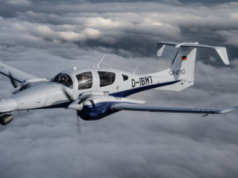
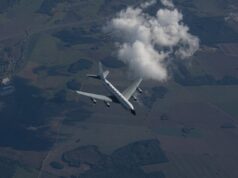
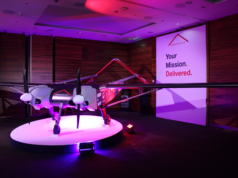

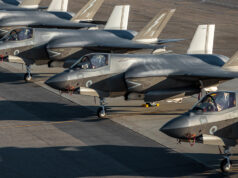
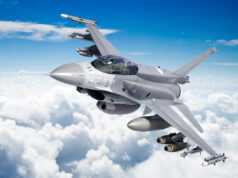

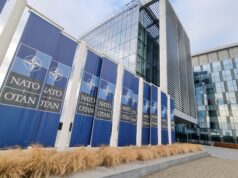
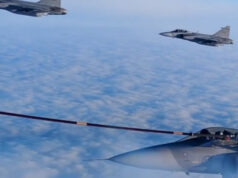

All aircraft including commercial and if transponder fitted squawk codes. Standard 7xxx and as instructed by ATC.